The fifth and final workshop in our series will be on ‘Re-designing education, not retrofitting’ (including the opportunity cost of including or excluding aspects of education and highlighting tensions between system components). This will also be a wrap-up of our project and a short presentations will be included to review all the themes covered in the previous sessions.
Date of workshop to be confirmed.
Final details on how we propose to run the workshop will be made available one week prior to the event. However, here is a rough structure:
Pre-workshop:
- We would like to ask you to flick through our material in the ‘Our Inspiration‘ section before attending the workshop. This will familiarise you with ideas and theories from fields outside your own which may be relevant to our discussion on education.
Section 1: Intros & Recap
- In the first 30 min we shall be doing a short recap of the ideas discussed during the previous workshops.
- 20 min of group discussion
- 10 min reconvene to share highlights discussed during the breakout session.
Section 2: Toolkit for Innovative Thinking
- 10 min presentation
- 20 min interactive group discussion reflecting on the opportunities of applying such concepts to education.
- 5 min reconvene to share highlights discussed during the breakout session.
Section 3: Project Wrap-up. What Next?
- 10 min contributions from project team
- 15 min whole group discussion
We are taking an Agile methodology approach to running this project, meaning that we are aiming to learn and adjust course as we go through our activities. Similarly, we plan on trialling structure of workshops, duration and prep ahead of discussions through this first meeting. So your feedback will be important to securing a better experience for the participants, with every workshop we hold.
